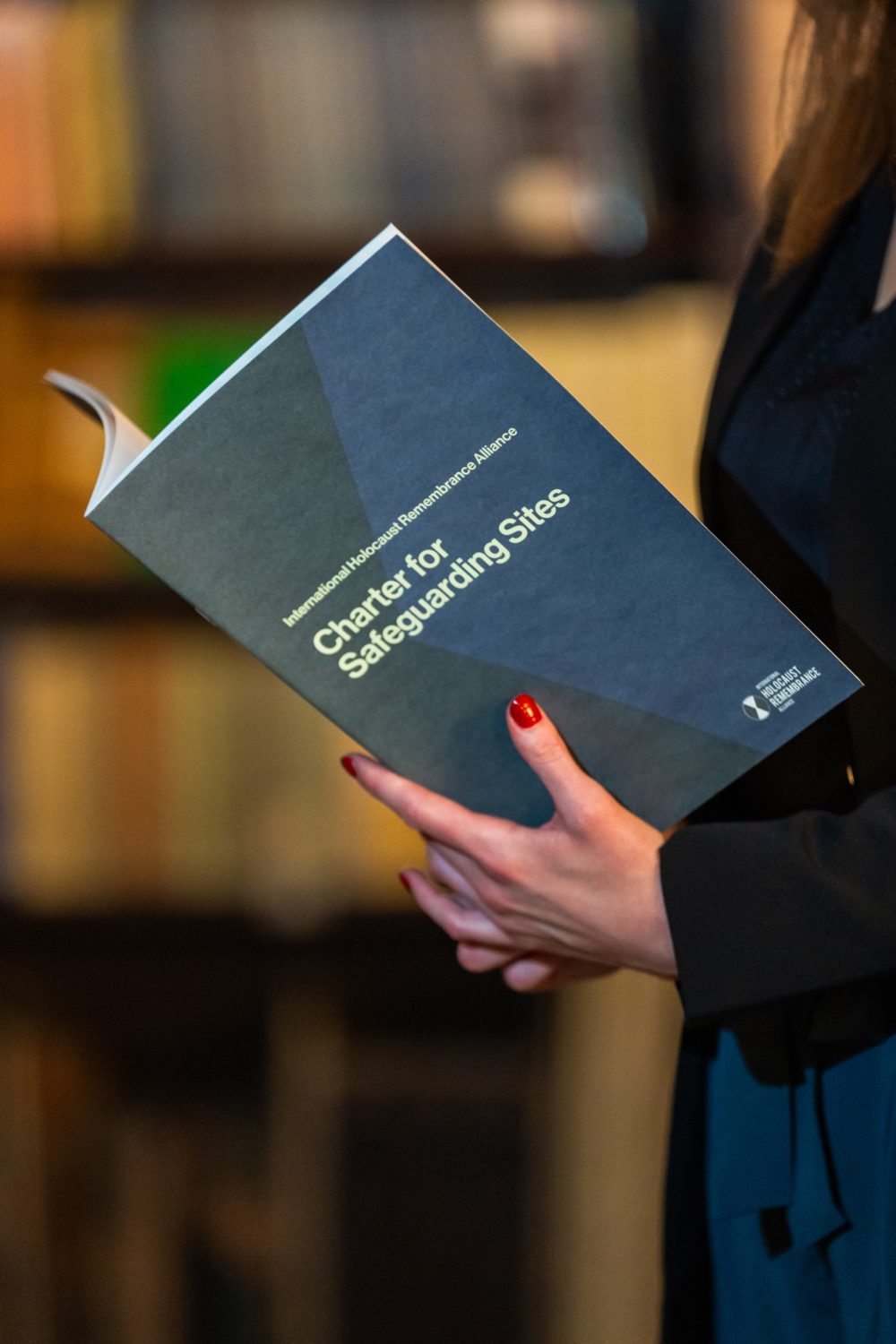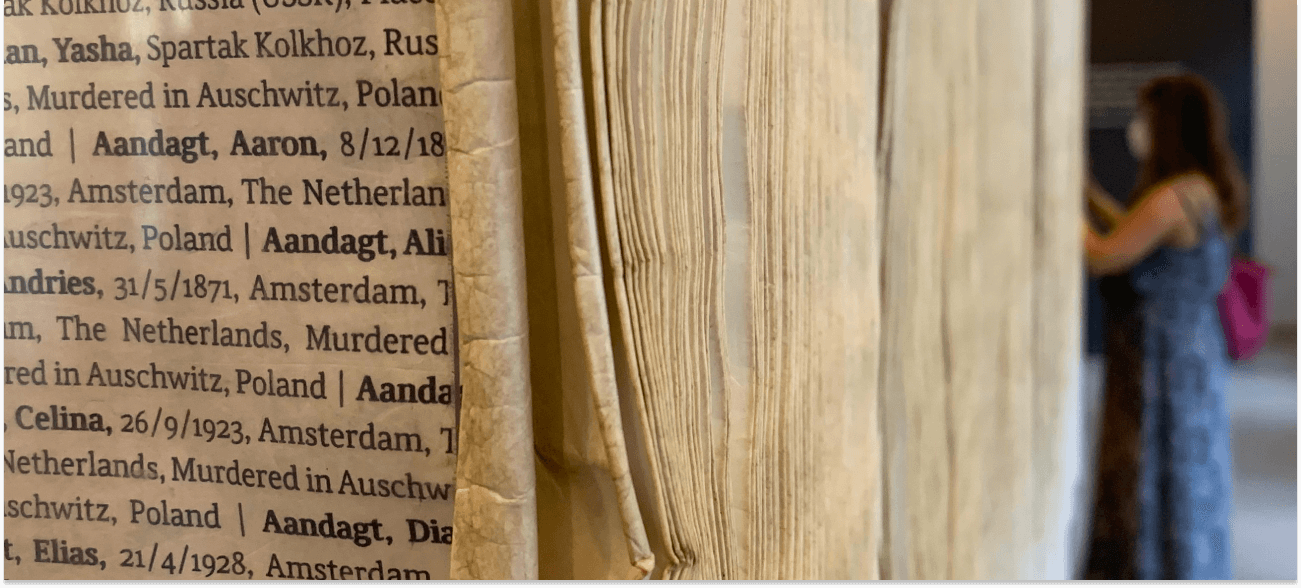Safeguarding Sites

Developing a Charter that outlines contemporary threats to sites of the Holocaust and genocide of the Roma, provides guidance on how to mitigate these threats, and reminds governments of their responsibilities to safeguard the record of the Holocaust.
Learn about the Project’s approach and activities.
Launched in 2019, the IHRA’s Safeguarding Sites Project is addressing:
Credit: University of Cambridge, Public Engagement and the Cambridge Creative Encounters Project



Learn about the risks facing Holocaust-related sites and what you can do to mitigate them.
Hover over the data visualization to explore.


The IHRA Charter for Safeguarding Sites will directly address the complexities of past memory with its practical and inter-disciplinary approach – rarely accounted for in general heritage charters.
The Safeguarding Sites project team comprises IHRA delegates who work as academics in the fields of Holocaust heritage and history, as well as those who work for Holocaust museums and memorials, and in governments and international heritage organizations. The team is further advised by IHRA delegates with experience in facilitating good practice at sites of the Holocaust and genocide of the Roma. The project also has external advisors, both academic and practitioner, and representatives from organizations such as UNESCO, the Council of Europe, and the International Coalition of Sites of Conscience. It has also organized workshops with prominent directors of memorial museums to scrutinize the draft Charter.
Current members of the project core team are:
Project Chair, Gilly Carr (AWG/UK), Project co-Chair, Steven Cooke (MMWG/Australia), Ljiljana Radonić (MMWG/Austria), Zoltan Toth-Heinemann (MMWG/Hungary), Martin Winstone (EWG/UK), Bruno Boyer (MMWG/France), Ilja Lenskis (AWG/Latvia), Christian Wee (MMWG/Norway), Karel Fracapane (UNESCO), Nevena Bajalica (EWG/Serbia), Paul Hagouel (AWG/Greece), Anna Vratalkova (EWG/Czech Republic), Frank Schroeder (MMWG/Luxembourg).
The IHRA laid the groundwork for continued engagement with this topic by adopting the International Memorial Museums Charter in 2012.
“20 years from now, I hope that the IHRA Charter for Safeguarding Sites will have been widely implemented, and more sites will be safeguarded and rescued from oblivion. Given the IHRA commitments, I feel confident that this will be a reality.”
– Dr Gilly Carr, Chair of the IHRA Safeguarding Sites Project
By signing up to the IHRA newsletter, you agree to our Privacy Policy